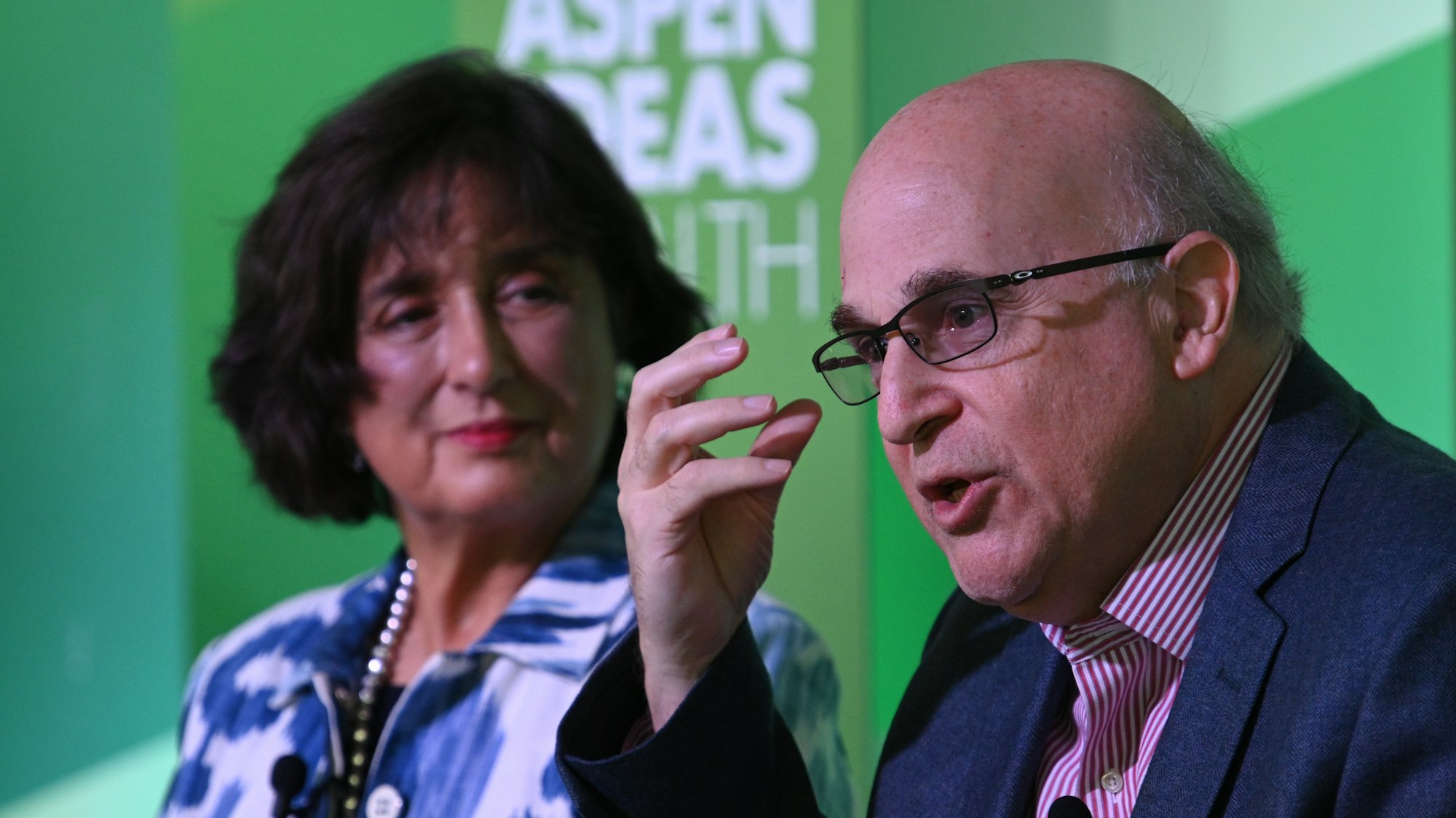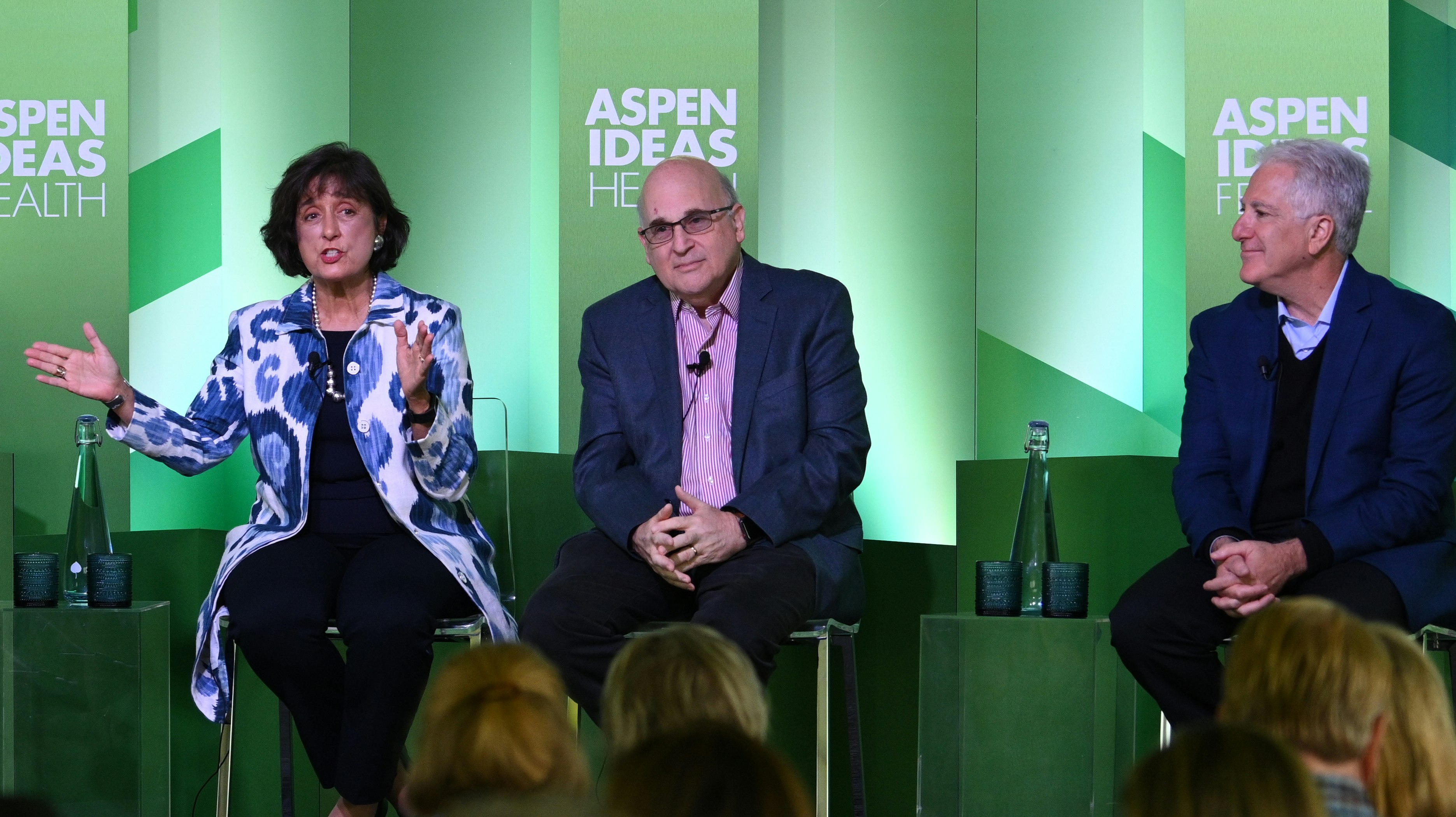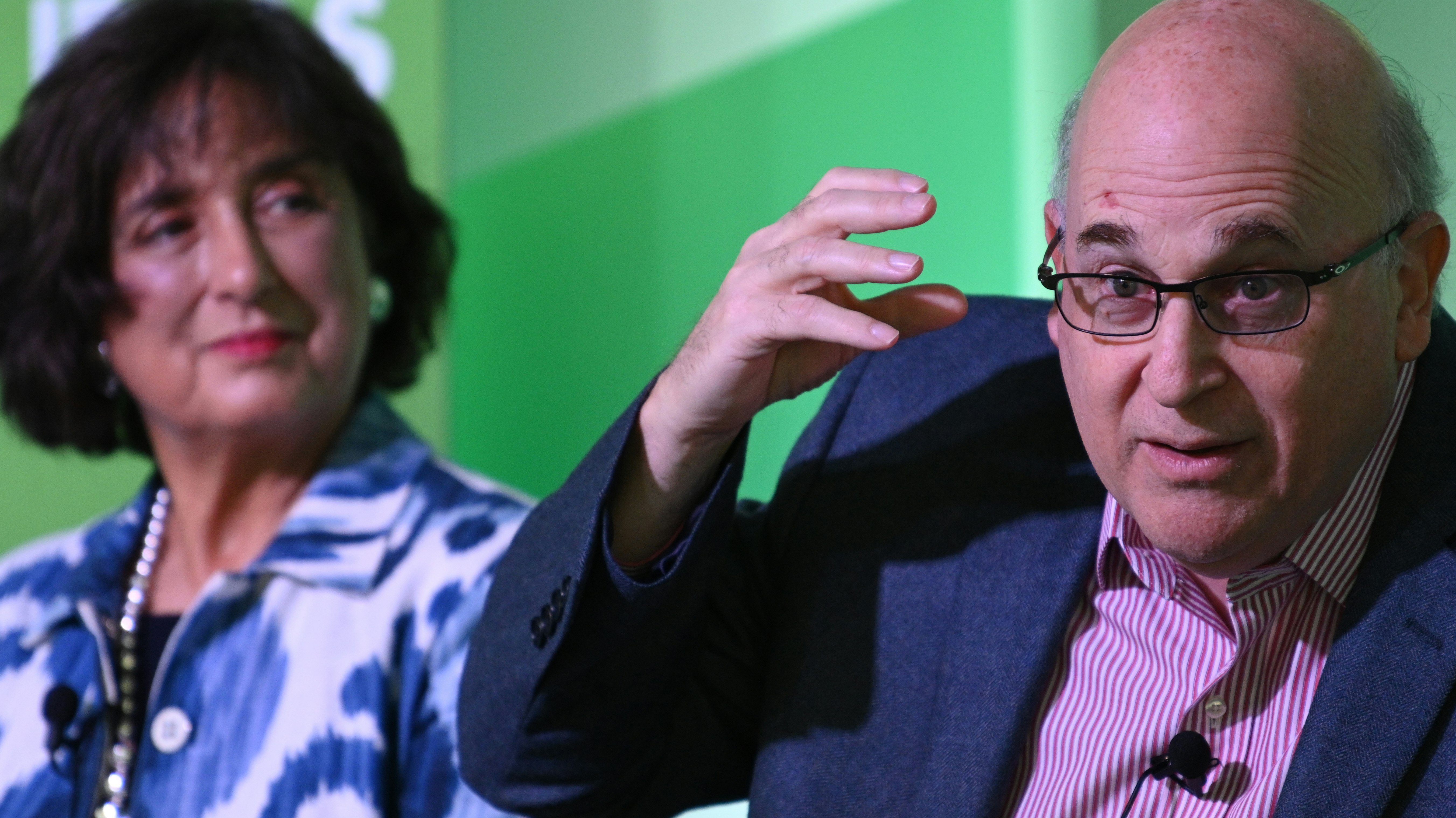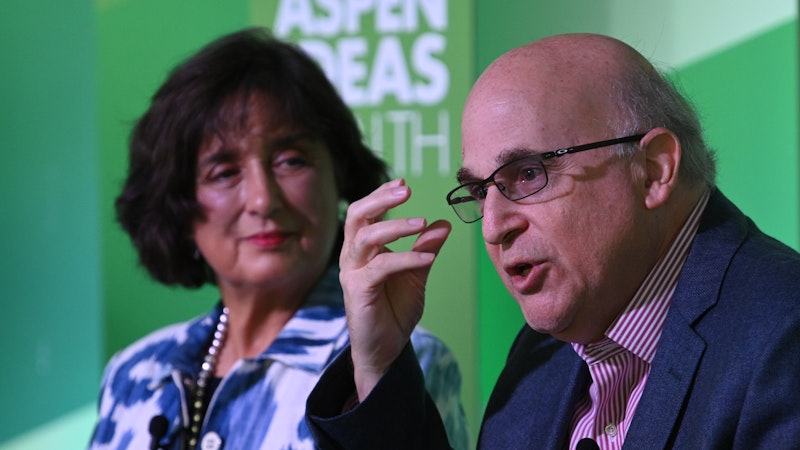
What Will It Take to Prevent Dementia?
Setup
If we are lucky enough to reach age 85, we face a 25 percent chance of dementia, and the odds worsen with time. Some 50 million people worldwide were living with dementia in 2017, and that number is predicted to double every 20 years so that by 2050, the afflicted population will reach 132 million. The most common cause is Alzheimer’s disease, an invariably progressive condition that evolves from mild confusion to personality changes and ultimately to damage that affects the ability to move, communicate or eat. This terrifying diagnosis has eluded significant treatment breakthroughs, but novel and intensive research is underway to change that. Here’s where the hope lies.
Speakers
-
 Paul AisenFounding Director, Alzheimer's Therapeutic Research Institute, Keck Sc...
Paul AisenFounding Director, Alzheimer's Therapeutic Research Institute, Keck Sc... -
 Roberta BrintonDirector, Center for Innovation in Brain Science, University of Arizon...
Roberta BrintonDirector, Center for Innovation in Brain Science, University of Arizon... -
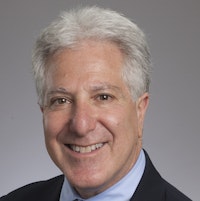 Allan LeveyBetty Gage Holland Professor and Chair, Department of Neurology, Direc...
Allan LeveyBetty Gage Holland Professor and Chair, Department of Neurology, Direc... -
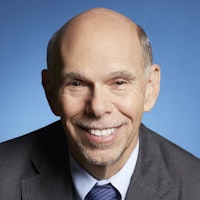 Kenneth DavisExecutive Vice Chair of the Board of Trustees of the Mount Sinai Healt...
Kenneth DavisExecutive Vice Chair of the Board of Trustees of the Mount Sinai Healt...
- 2019 Health
- Health
- Science
- Full transcript
Dementia treatment hasn’t seen a breakthrough since the 1970s — why?
Panel moderator Kenneth Davis asks the panel to explain the sobering fact that dementia treatment has essentially stalled since its last breakthrough in the 1970s:
Women are twice as likely to develop Alzheimer’s!
It’s a staggering statistic: women have a twofold greater lifetime risk than men of developing Alzheimer’s. Roberta Brinton, professor at the University of Arizona, says that although women tend to live longer than men and Alzheimer’s presents itself later in life, that’s not the full picture behind the statistic
Big IdeaWhat our work has shown is that it’s not that women live longer than men, it’s that women start [developing Alzheimer’s] earlier.Roberta Brinton
Women can develop detectable signs of Alzheimer’s as early as perimenopause, according to Brinton. The good news, says Brinton, is that some simple metabolic tests can help identify women at risk during these early stages.
Will brain resiliency treat Alzheimers or just combat its symptoms?
Conventional medical wisdom says that increasing overall brain health (also called brain resiliency) through social interaction, learning languages, crossword puzzles, etc., can only help in warding off deleterious symptoms of Alzhiemers. But does brain resiliency actually play a role in treating Alzheimer's itself, or is a resilient brain just better able to weather the symptoms? This question exposes a rift within the medical community, and Allan Levey and Paul Eisen are eager to debate each other about it:
Failed drug trials changed the ecosystem of drug development (for the better)
Although 35 different Alzheimer’s drug trials fell flat, Allan Levey explains how this catalyzed pharmaceutical leaders to overhaul their whole research process. When drug companies realized they were duplicating fruitless efforts to develop an Alzheimer’s treatment, they came together with government agencies to share data and resources in a partnership called the Accelerating Medicines Partnership (AMP).
By the Numbers
Paul Eisen says that almost all Alzheimer’s researchers agree that until an effective treatment is found, no option should be left on the table. With a disease as complex and insidious as Alzheimer’s, the range of possible treatments has to be narrowed before real progress can be made.
Learn More
Additional Information
Explore More
Health

Our attitudes, habits, pleasures, and responsibilities shift across the generations, influencing the health challenges we face and how we respond to them. Expectations about h...

As we wrap-up another year of elevating big ideas at Aspen Ideas: Health, we're excited to share the 15 most-watched sessions from the event. These conversations with inspirin...


Research on aging and extending life and healthspan has ventured beyond humans to our best animal friends – dogs. In less than a year, dog owners may be able to buy a drug tha...
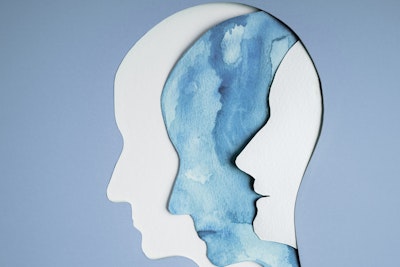
In America, millions of people struggle with mental health including depression, anxiety, and more — all further exacerbated by living through a pandemic. The National Allianc...

The United States spends $4.3 trillion—almost one fifth of the nation’s GDP—on health care. As the scale of the medical enterprise expands, venture capitalists are pursuing th...

Today's kids are coming of age against a backdrop of political, social, technological and economic upheaval. While these circumstances are shaping a precocious generation that...

Advocates, healthcare providers, legislators, researchers, and venture capitalists are bringing the unique health needs of women to light – from vigorous policy debates on iss...

From the debate over reproductive rights to the epidemic of gun violence to the youth mental health crisis, this year's Aspen Ideas: Health sessions tackled many of today's mo...

The recognition that all things are connected is at once a scientific principle and a philosophical touchstone. Humans, animals, and the environment are intertwined in complex...

Our need for human connection is profound and deep. Yet, today, one in two adults are living with measurable levels of loneliness – and the numbers are even higher among young...

For as long as humans have looked at the skies, we’ve speculated about whether there is life in space. Scientists, the U.S. military and the CIA have all searched for proof of...

It sounds like sci-fi: Scientists are beaming solar energy from space, subbing seaweed for plastic and brightening clouds to reflect sunlight to lower temperatures in a warmin...

Artificial intelligence is revolutionizing health care by improving patient navigation, telehealth and the speed of drug development. From enhancing patient and provider exper...

*No food or service animals allowed in this session.* The creator of Fat Bear Week in Alaska gives insight on the importance of wildlife education, and then ecologists unpack...
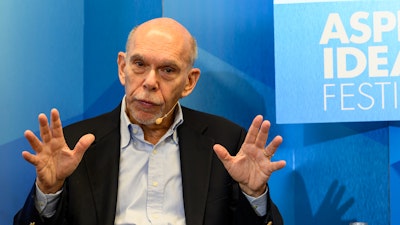
Brain-computer interfaces show potential to restore function to people impacted by incurable neurological conditions such as stroke, spinal cord injury, traumatic brain injury...

Scientists are developing life-extending drugs for dogs, and new advancements could bring them to market by 2025. Two leaders working to slow the aging process for Fido discus...
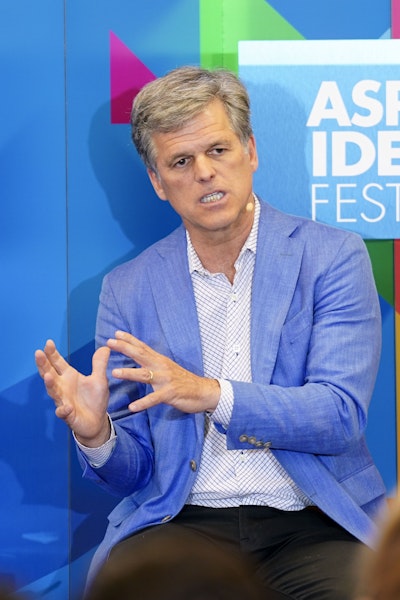
Neurodivergent people make up 15% to 20% of the global population, and visionaries are busy trying to foster welcoming environments in areas like adaptive sports, fashion des...
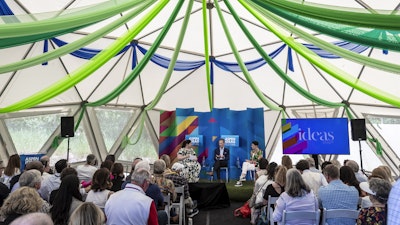
Across the globe, humans are living and working longer than ever — and today’s systems, governments and businesses aren’t prepared. Examine how we can reimagine work, wealth a...

Given what we learned from the global turbulence from COVID-19, are we any more prepared for the next pandemic? Author and journalist Michael Lewis and Adar Poonawalla, CEO of...

Few people are more deeply steeped in science than Francis Collins, former director of the National Institutes of Health and the groundbreaking Human Genome Project, and forme...


